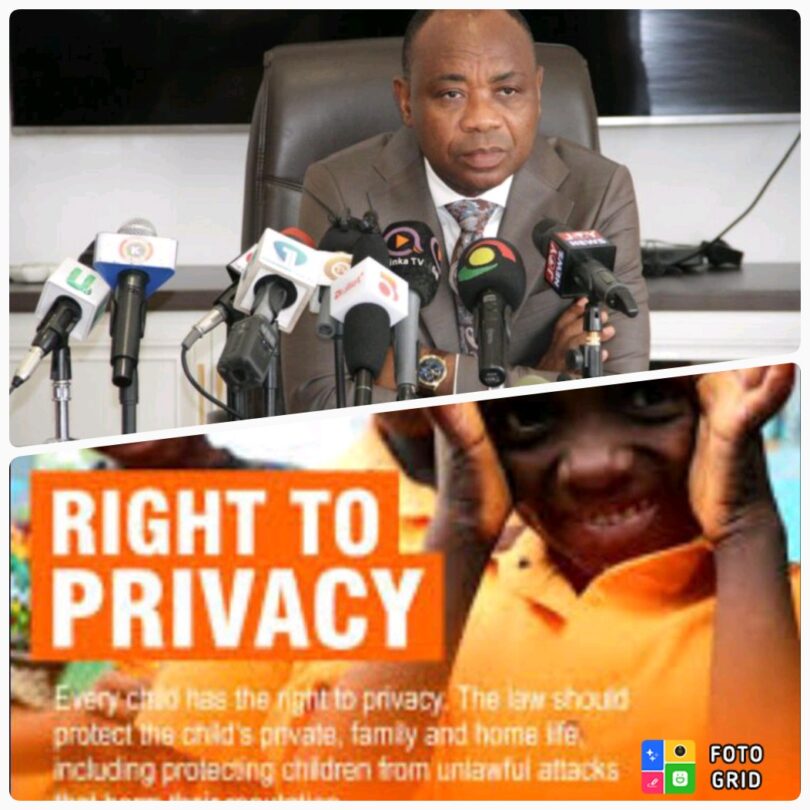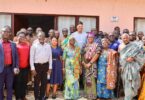Report By: Ishmael Barfi
Every child deserves to live without the threat of violence, exploitation, or abuse.
In response to this imperative, Child Rights International (CRI) has published an extensive research report entitled ‘The Hidden Toll of Illegal Mining on Children in Ghana’, which underscores the significant repercussions of illegal mining on children’s rights to education, health, and safety.
This research is part of CRI’s commitment to protect and promote the rights of children in Ghana, especially those who are most susceptible to socio-economic and environmental challenges.
The report aims to illuminate the harmful effects of illegal mining on children’s welfare and to advocate for the rigorous enforcement of child protection legislation throughout the nation.
During a press conference to present the findings, CRI’s Executive Director, Mr. Bright Appiah, emphasized that the study’s main goal was to investigate the socio-economic and health impacts of illegal mining on children in specific districts within Ghana’s most active mining regions.
He indicated that CRI plans to utilize the results to guide targeted interventions and formulate policies that safeguard the rights of children impacted by illegal mining operations.
Mr. Appiah noted that school enrollment averages 93% in both mining and non-mining regions.
However, while children aged 5-12 years—who represent 61% of all participants—exhibit the highest enrollment rates, only 18% of children aged 13-14 years and 17% of those aged 15-17 years continue their education in mining areas.
This significant drop illustrates the early departure of many children from school due to their involvement in mining activities.
He also urged the government to repeal the Community Mining Policy, which he argued has unintentionally led to widespread abuse and exploitation, particularly among children.
“The study has provided irrefutable evidence that illegal mining activities are endangering the lives of Ghanaian children,’ Mr. Appiah asserted.
In his closing remarks, he underscored the alarming reality that countless children are being deprived of their education, health, safety, and future prospects.
He highlighted the collective responsibility of all stakeholders — encompassing the government, civil society, local communities, and international allies — to break this cycle of exploitation and to safeguard the welfare and development of children in Ghana.
Source: www.thenewindependentonline.com








